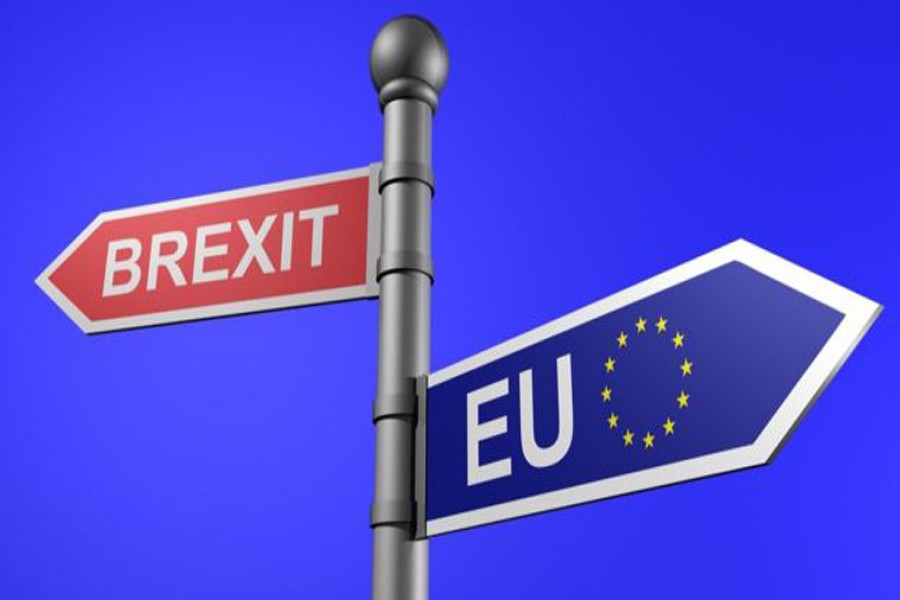Britain on Thursday told companies trading with the European Union they would face a tangle of red tape, possible border delays and more costly credit card payments if the government fails to negotiate an exit deal before Britain leaves the bloc, according to Reuters.
Brexit minister Dominic Raab said he remained confident the two sides would reach a deal, but set out in a series of notes what could change without one.
With little more than seven months to go until it leaves the EU on March 29, Britain has yet to reach an agreement with the bloc on the terms of its departure. Prime Minister Theresa May’s plan for a “business-friendly” deal has failed to impress negotiators in Brussels and has been heavily criticized at home.
“We have a duty, as a responsible government, to plan for every eventuality,” Raab said. “To do this, we need to have a sensible, responsible and realistic conversation about what a no deal situation really means in practice.”
Around 80 technical notices are expected over the coming weeks. The 25 published on Thursday cover everything from the movement of organs, blood and sperm to nuclear regulation.
The guidelines make it clear that companies trading with Europe would face new customs and excise rules and require paperwork covering customs and safety declarations.
If Britain left without a deal “the free circulation of goods between the UK and EU would cease,” the guidance said.
“Leaving without a deal would create substantial burdens on business, which would be forced to bear the costs of adapting to and overcoming the inevitable disruption,” said Paul Everitt, chief executive of the aerospace and defense trade body.
The government said it was working with industry to stockpile medicines for six weeks above normal operational supplies - a target the industry said would be challenging.
The drugs sector is one of the most vulnerable because of uncertainty as to how medicines oversight will function.
It welcomed plans to recognize EU tested and licensed products, but said the EU needed to show similar flexibility, echoing warnings from other industry bodies that government contingency plans could be blunted unless the EU cooperates.


